Your Financial Success Habits
Cultivating Financial Success Through Daily Habits
Building wealth and achieving financial security isn't about overnight miracles, but rather the consistent application of smart habits. This collection highlights key practices adopted by individuals who have transformed their financial lives for the better. These aren't complex strategies, but simple, everyday actions that, when implemented consistently, create a powerful foundation for financial well-being.
These habits cover a range of crucial areas, from planning and tracking to spending and saving. They emphasize the importance of both mindset and practical tools in navigating the world of personal finance. By focusing on these core principles, you can gain control of your finances and work towards a more secure and prosperous future.
- Proactive Financial Planning
- Consistent Expense Tracking
- Mindful Spending Habits
- Long-Term Investment Strategies
- Regular Financial Review
Unlock your financial potential and build a secure future by integrating these essential habits into your daily life.
Filter Habits
 Finances's Habit Sets
Finances's Habit Sets

Make a Financial Plan
Create a detailed financial plan that classifies goals as essential or luxury. Using tools like spreadsheets helps project future values and keeps your finances organized.
Why This Matters
Michael developed this habit after realizing his spending lacked direction. By mapping out his financial goals, he gained clarity on priorities and reduced stress about his financial future.
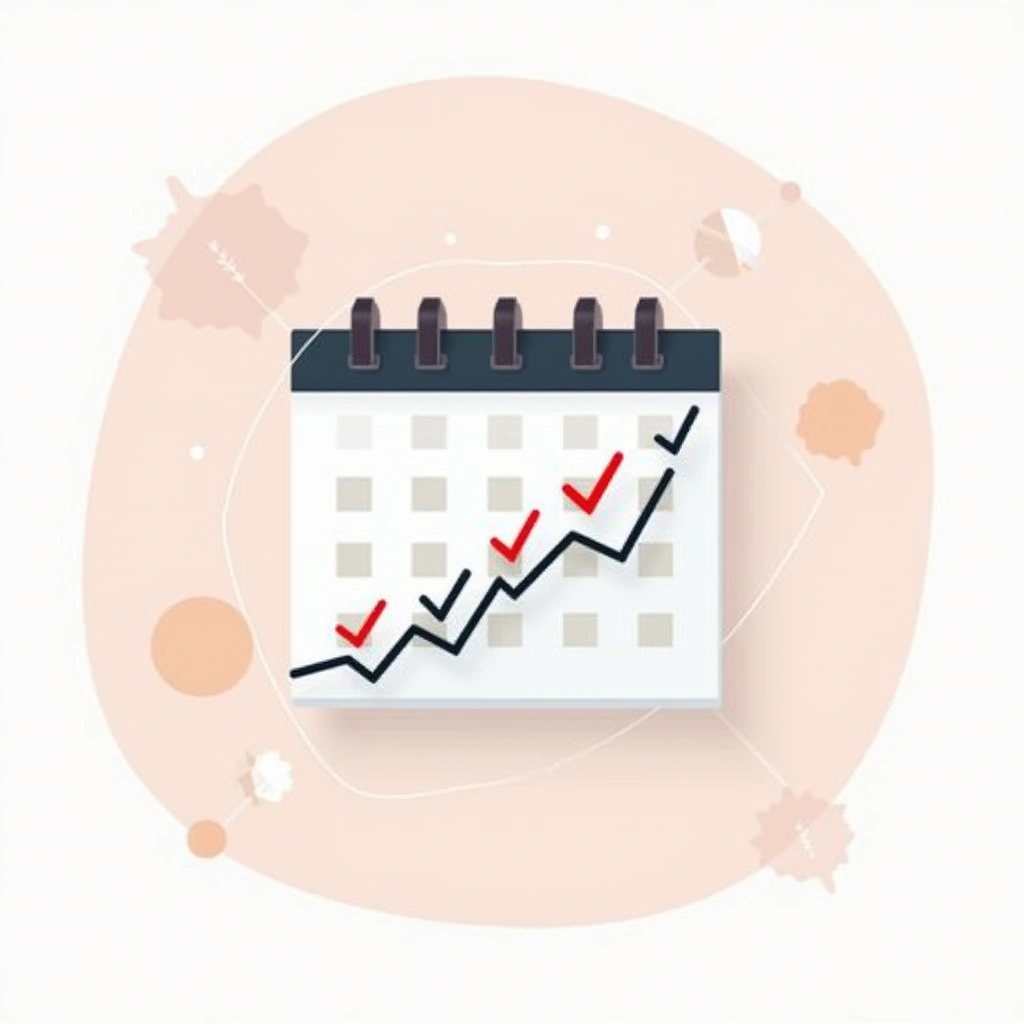
Stick to the Plan
Review your financial plan quarterly and adhere to it as closely as possible. Modify only when your financial circumstances change significantly to maintain consistency in your financial journey.
Why This Matters
James established this habit after repeatedly abandoning previous financial strategies. By committing to regular reviews and steady implementation, he maintained focus during market fluctuations and avoided emotional financial decisions.

Track Credit Score Regularly
Monitor your credit score regularly to understand your financial standing and identify areas for improvement. A good score helps qualify for favorable interest rates on loans and credit cards.
Why This Matters
Sarah checks her credit score monthly after a fraudulent account damaged her rating. This habit helps her maintain awareness of her financial health and catch potential issues before they become serious problems.
Set Up Account Alerts
Configure alerts on your bank accounts to avoid fees and track financial activities. Notifications for low balances, large transactions, and suspicious activity provide real-time awareness of your finances.
Why This Matters
Jason implemented account alerts after experiencing several overdraft fees. Now he receives instant notifications about his finances, helping him avoid unnecessary charges and quickly identify unauthorized transactions.

Purge Unnecessary Papers
Regularly discard or digitize financial documents you no longer need. Shredding sensitive papers protects against identity theft while organizing important records improves financial clarity.
Why This Matters
Emma implemented this habit during a home office reorganization and discovered outdated policies she was still paying for. By regularly reviewing and purging papers, she maintains better awareness of her current financial obligations and reduces clutter.

Review Your Beneficiaries
Regularly update beneficiaries on financial accounts and insurance policies. This ensures your assets will be distributed according to your current wishes if something happens to you.
Why This Matters
Thomas established this habit after his uncle's estate went to an ex-spouse due to outdated beneficiary information. He now reviews his designations annually to ensure his family would be properly provided for in case of emergency.

Open Retirement Accounts
Set up retirement accounts like 401(k)s, IRAs, or country-specific options such as RRSPs and TFSAs. These tax-advantaged accounts help maximize long-term growth of your savings.
Why This Matters
David started retirement accounts in his twenties after calculating the difference compound interest makes over decades. This early habit allowed him to accumulate significant wealth through market growth while minimizing his tax burden.
Remove Saved Payment Info
Delete saved credit card information from websites and shopping apps. This creates a friction point that reduces impulse purchases and helps maintain spending control.
Why This Matters
Lisa implemented this habit after noticing how easily she made impulse purchases with one-click ordering. By removing saved payment details, she gives herself time to reconsider whether each purchase aligns with her financial priorities.

Drive More Efficiently
Practice fuel-efficient driving techniques like steady acceleration and maintaining proper speed. This simple habit can significantly reduce monthly transportation expenses without requiring lifestyle changes.
Why This Matters
Marcus began monitoring his driving habits after calculating he spent over $3,000 annually on gas. By implementing more efficient driving techniques, he reduced his fuel consumption by 15% and redirected those savings toward his vacation fund.

Shop Thrift Stores
Purchase clothing and household items from second-hand stores instead of buying new. This habit can reduce spending on necessities while sometimes yielding unique, high-quality finds.
Why This Matters
Olivia began thrift shopping to reduce her environmental footprint but soon appreciated the financial benefits. She now finds designer clothing at fraction of retail prices, allowing her to maintain a quality wardrobe while allocating more money toward her student loan payments.
Automate Financial Tasks
Set up automatic transfers for savings goals and bill payments. Automation ensures consistency in your financial plan and eliminates late fees by guaranteeing on-time payments.
Why This Matters
Ryan implemented automation after missing several bill deadlines due to his busy schedule. This system now ensures his bills are paid promptly, his emergency fund grows steadily, and his retirement accounts receive regular contributions without requiring constant attention.

Shop Off-Season
Purchase clothing, holiday items, and seasonal equipment during off-peak times. This strategic approach can yield discounts of 50-80% on items you'll eventually need.
Why This Matters
Nathan adopted this habit after noticing winter coats were 70% cheaper in spring. He now maintains a calendar of the best times to buy seasonal items, allowing him to obtain quality goods at steep discounts while staying within his budget.

Use Guest Checkout
Shop online using guest checkout options instead of creating accounts with stored information. This reduces marketing exposure and creates a barrier to impulse purchasing.
Why This Matters
Sophia implemented this practice after realizing how targeted emails influenced her shopping behavior. By checking out as a guest, she receives fewer promotional emails and makes more deliberate purchasing decisions based on need rather than marketing.

Save Your Change
Collect and deposit physical coins or use digital roundup services that transfer spare change to savings. This painless method accumulates surprising amounts over time without affecting your lifestyle.
Why This Matters
Carlos began collecting change in a jar after his grandfather showed him how the habit funded family vacations. He now uses both physical coin saving and banking apps that round up purchases, accumulating over $800 annually toward his home down payment fund.
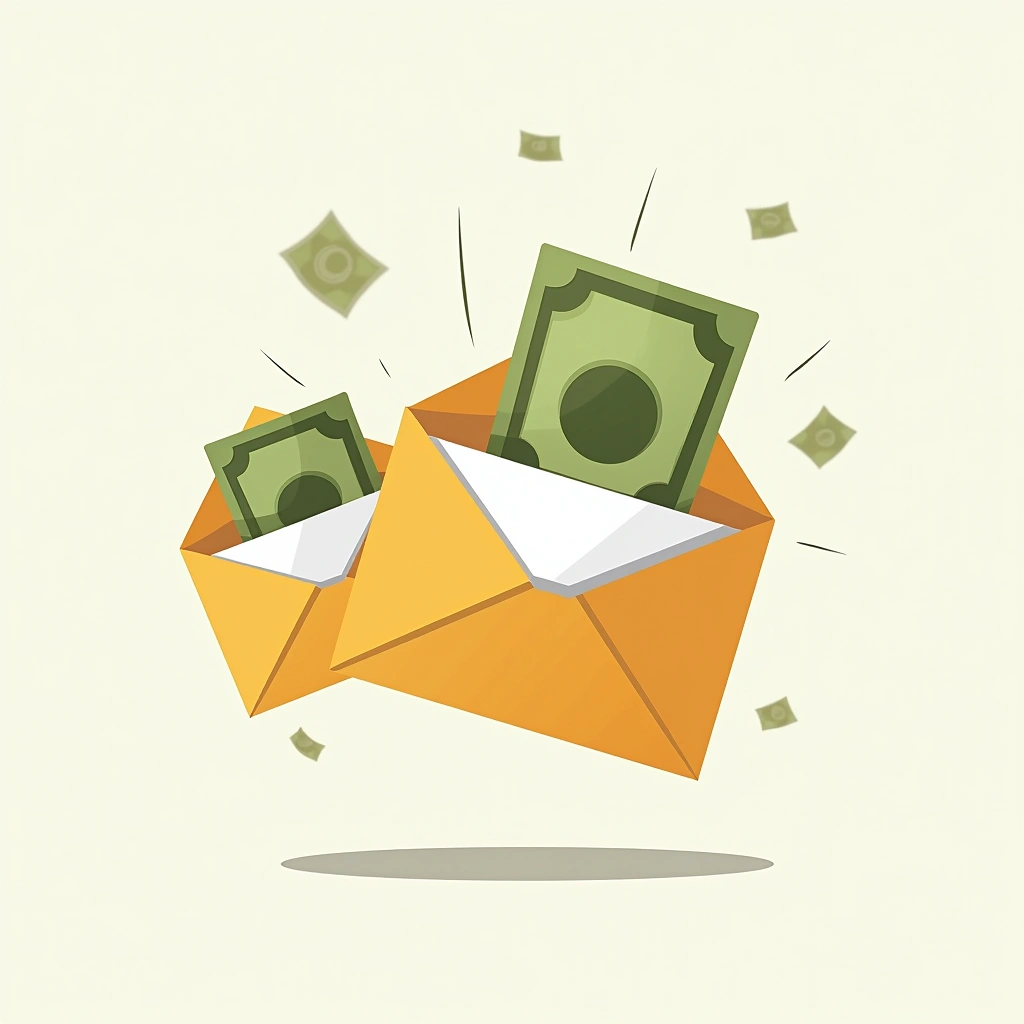
Try Cash-Only Budget
Use physical cash for discretionary spending categories like entertainment and dining. The tangible nature of cash creates psychological awareness that digital payments often lack.
Why This Matters
Mia switched to cash for personal spending after consistently exceeding her budget with card payments. The physical act of handing over cash makes her more conscious of each purchase, helping her reduce impulse spending by nearly 40%.

Plan Weekly Meals
Create a detailed meal plan before grocery shopping to reduce food waste and unnecessary purchases. This practice minimizes expensive takeout decisions and helps utilize existing pantry items.
Why This Matters
Daniel implemented meal planning after calculating that food waste and impulse food purchases cost his family over $200 monthly. His organized approach has reduced grocery expenses while actually improving the quality and variety of meals his family enjoys.
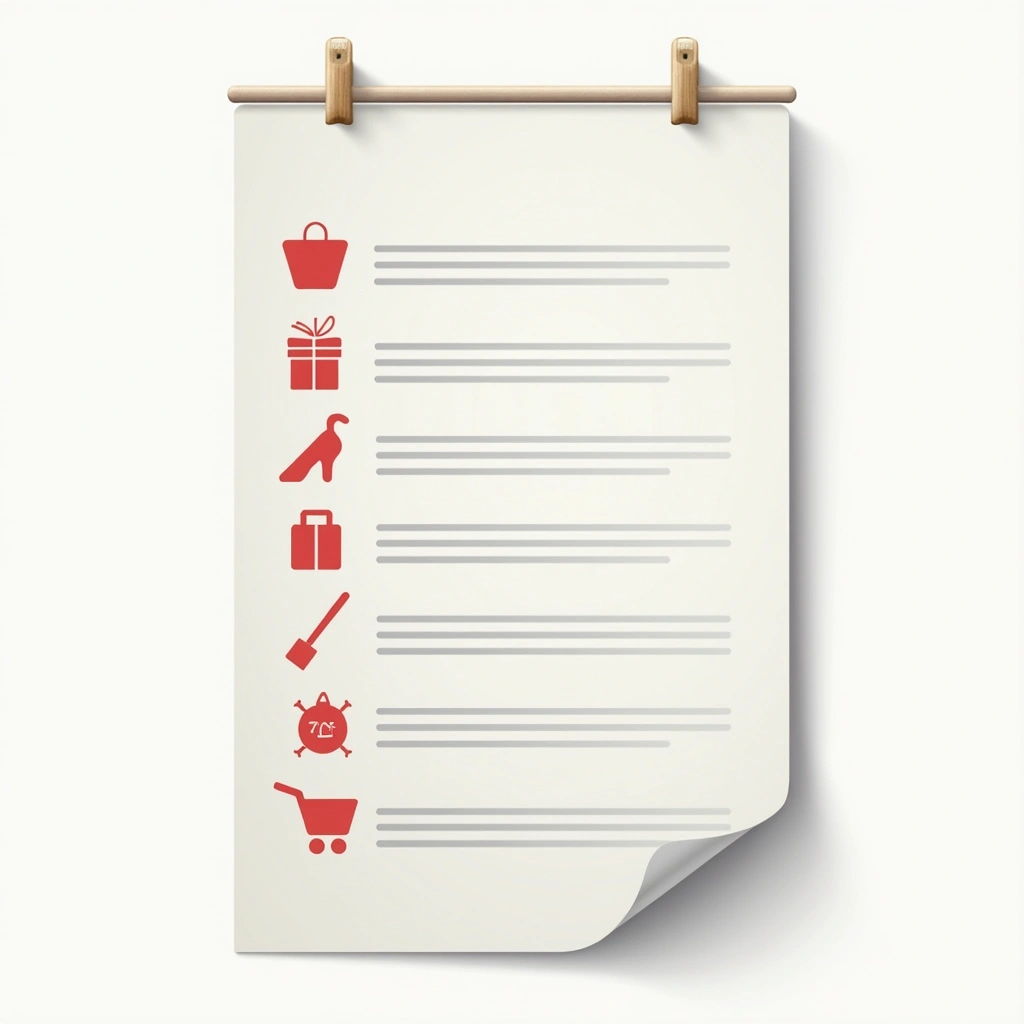
Focus on Needs
Critically evaluate purchases by distinguishing between genuine needs and discretionary wants. This mindset shift helps prioritize spending on items that deliver true value to your life.
Why This Matters
Isabella adopted this philosophy after accumulating debt from lifestyle inflation that didn't improve her happiness. By focusing purchases on genuine needs and carefully selected wants, she eliminated $15,000 in credit card debt while increasing her overall life satisfaction.
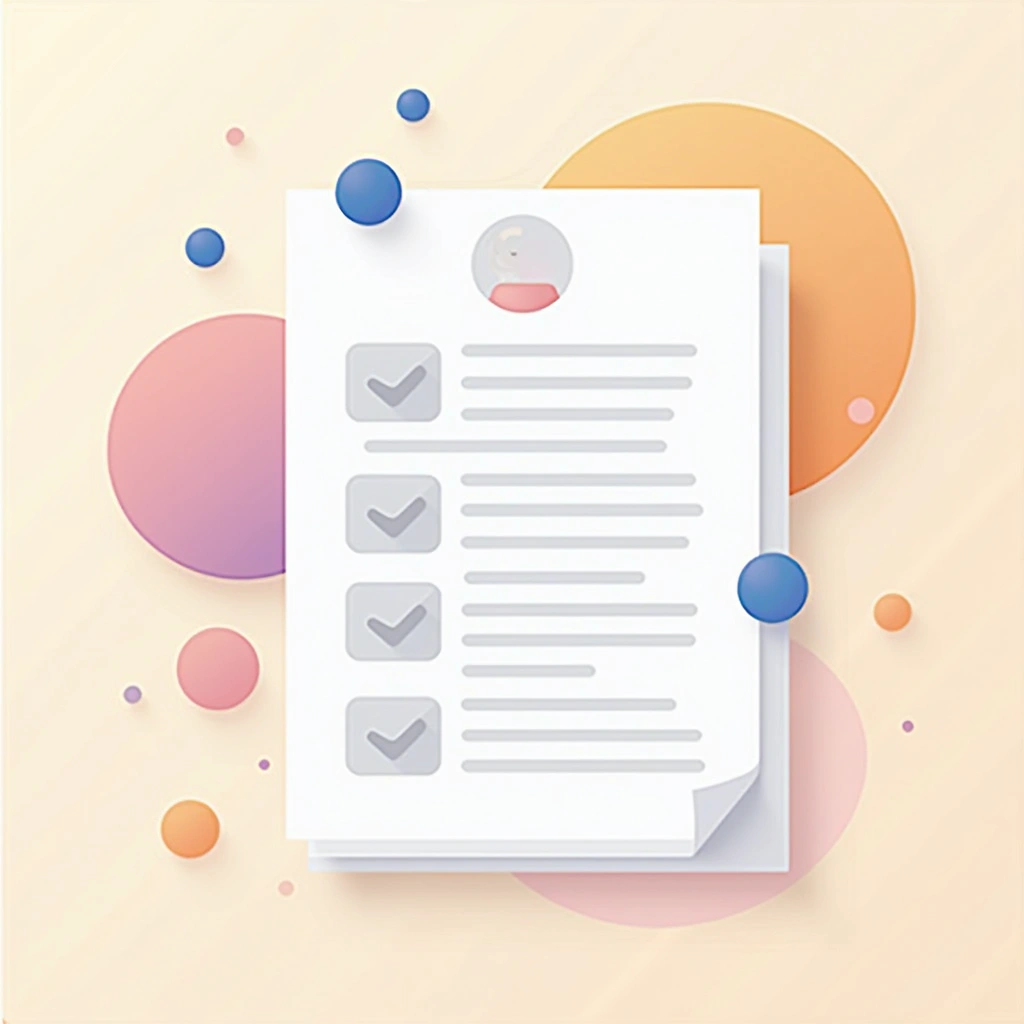
Review Subscriptions Regularly
Create and regularly audit a comprehensive list of all recurring subscriptions and memberships. This habit identifies forgotten or underutilized services that silently drain your finances.
Why This Matters
William created a subscription tracking system after finding he was paying for three streaming services he rarely used. His quarterly review process has saved him over $1,200 annually by eliminating redundant and unused subscription services.

Pay Yourself First
Automatically transfer a percentage of income to savings and investments before budgeting remaining funds. This reverses the typical pattern of saving whatever is left after spending.
Why This Matters
Elena implemented this strategy after years of intending to save but finding her account empty at month's end. By treating savings as her first and most important 'bill,' she consistently builds wealth regardless of other financial pressures.

Find Accountability Partner
Establish a relationship with someone who will regularly review your financial progress and habits. This external accountability significantly increases the likelihood of maintaining positive financial behaviors.
Why This Matters
James partnered with a close friend for monthly financial check-ins after repeatedly abandoning his budgeting efforts. The commitment to explain his choices to someone else has strengthened his resolve and helped him identify blind spots in his financial planning.

Build Emergency Fund
Establish a dedicated savings account with 3-6 months of essential expenses. This financial buffer prevents debt accumulation during unexpected events like medical issues or job loss.
Why This Matters
Hannah prioritized building her emergency fund after an unexpected car repair forced her to use high-interest credit. With her fund now fully established, she approaches life's surprises with confidence rather than financial panic.
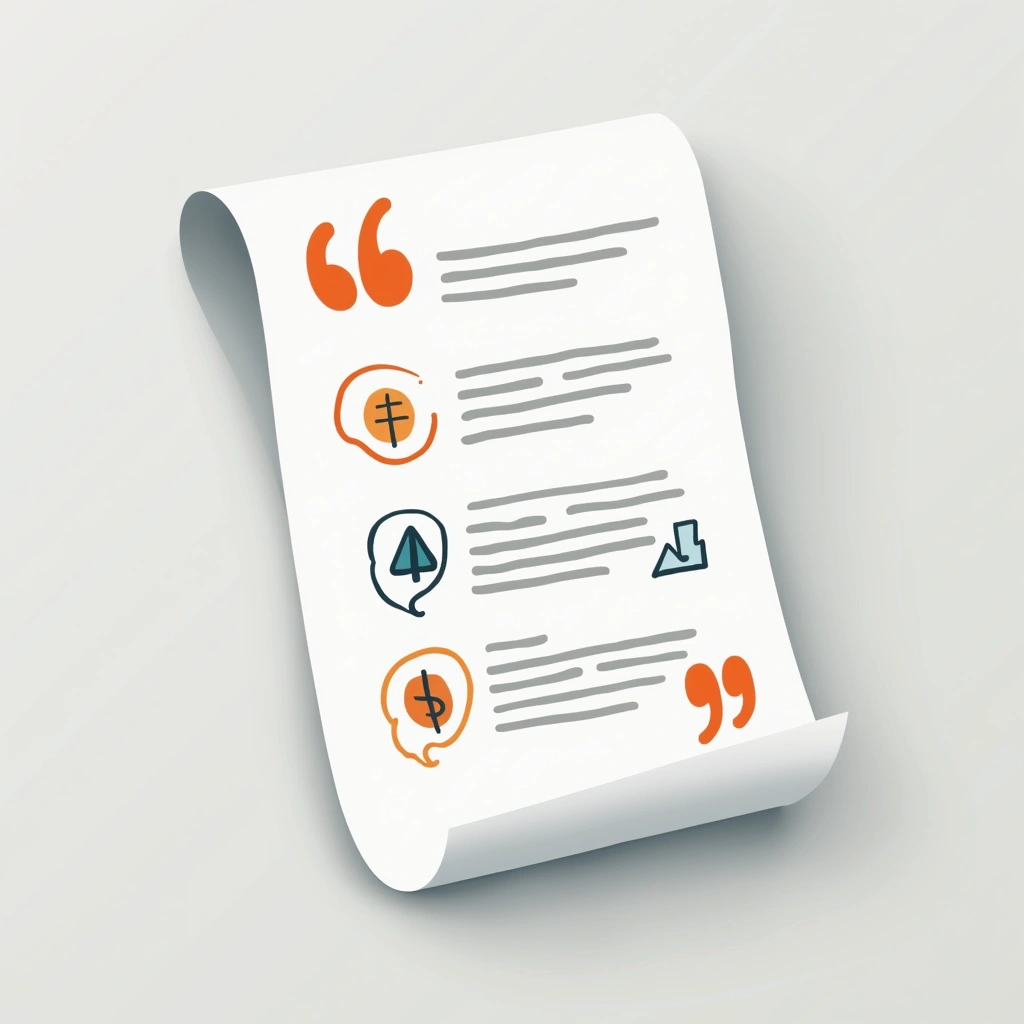
Compare Multiple Quotes
Obtain at least three price quotes for services, insurance, and major purchases. This simple habit can save substantial amounts on both one-time and recurring expenses.
Why This Matters
Victor developed this habit after discovering he was overpaying for insurance by nearly $1,200 annually. His thorough comparison approach has saved him thousands on everything from home repairs to cell phone plans while maintaining quality service.

Take Finance Courses
Invest time in financial education through online courses, workshops, or reading materials. Improved financial literacy leads to better decision-making and wealth-building opportunities.
Why This Matters
Grace began studying personal finance after realizing her lack of knowledge was costing her opportunities. The confidence and skills gained from continuous learning have helped her negotiate better compensation, optimize her investment strategy, and save thousands in unnecessary fees.

Calculate Work-Hour Cost
Convert purchase prices into the number of working hours required to earn that amount. This mental reframing creates powerful perspective on whether items are worth their true cost.
Why This Matters
Noah began this practice after impulse-buying an expensive gadget that went unused. By viewing prices through the lens of his hourly wage, he now makes more intentional choices about which purchases genuinely deserve his life energy.

Create Money Mantra
Develop a personal financial affirmation that reinforces your goals and values. Repeating this mantra during spending decisions helps maintain focus on long-term priorities.
Why This Matters
Ava created her financial mantra "Is this bringing me closer to freedom?" during a period of excessive spending. Reciting this before purchases has strengthened her financial willpower and aligned her spending with her goal of early retirement.

Keep Money Journal
Document all expenses alongside notes about your emotional state and satisfaction with purchases. This practice reveals spending triggers and patterns that automatic tracking apps miss.
Why This Matters
Leo started his spending journal after noticing his finances suffered during stressful periods. The insights gained helped him identify emotional spending triggers and develop healthier coping mechanisms, significantly improving both his financial and mental wellbeing.

Implement Purchase Delays
Establish a mandatory waiting period (24-72 hours) before making non-essential purchases. This cooling-off period reduces impulse buying and ensures purchases align with true priorities.
Why This Matters
Benjamin instituted a 48-hour rule after calculating his impulse purchases totaled over $3,000 annually. This simple waiting period has eliminated most regretted purchases while giving him time to research better prices when an item proves genuinely necessary.

DIY When Possible
Learn to handle basic maintenance and repair tasks rather than hiring services. This skill-building approach saves immediate money while providing long-term value through self-sufficiency.
Why This Matters
Zoe began learning basic repair skills after receiving a $200 bill for a 10-minute plumbing fix. By investing time in learning practical skills, she now saves thousands annually on home and car maintenance while gaining confidence in her problem-solving abilities.

Consult Financial Advisors
Periodically meet with financial professionals for objective advice on your financial strategy. Expert guidance helps optimize tax planning, investment allocation, and major financial decisions.
Why This Matters
Miguel scheduled annual financial reviews after inheriting a modest sum and feeling overwhelmed by the responsibility. Professional guidance has helped him make informed decisions about estate planning, tax efficiency, and investment strategies that would have been difficult to navigate alone.

Sell Unused Items
Regularly identify and sell possessions that no longer provide value in your life. This practice generates immediate income while reducing clutter and storage needs.
Why This Matters
Alex began selling unused items after calculating the cost of renting a larger apartment for extra storage space. Beyond the immediate cash infusion, this habit has helped him become more intentional about purchases knowing that unused items represent both wasted money and space.

Financial Independence Check
Assess your financial independence from parents or others regularly. Creating clear boundaries around money fosters responsibility and prevents unhealthy dependencies that can derail long-term wealth building.
Why This Matters
Taylor established this practice after realizing how dependent she remained on parental financial bailouts well into her 20s. By systematically closing these dependencies, she developed greater financial resilience and significantly improved her money management skills.
Key Takeaways for Financial Empowerment
These habits, while diverse, share a common thread: they empower you to take control of your financial life. Integrating these practices, even gradually, can lead to significant improvements in your financial well-being and overall peace of mind.
- Create a Financial Plan: Don't drift financially. Map out your goals, differentiate needs from wants, and use tools to project your financial future.
- Track Your Spending: Awareness is the first step to change. Monitor your expenses to understand where your money is going and identify areas for optimization.
- Automate Your Finances: Make saving and bill paying effortless. Set up automatic transfers to savings and for bill payments to ensure consistency and avoid late fees.
- Review Regularly: Stay informed and adapt to changes. Schedule regular reviews of your financial plan, credit score, subscriptions, and beneficiaries to maintain control and make necessary adjustments.
- Prioritize Needs Over Wants: Make conscious spending decisions. Develop a mindset of evaluating purchases based on genuine needs and aligning your spending with your values and long-term goals.
Empower your financial future – start building these habits today and watch your financial well-being flourish.
